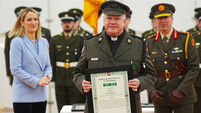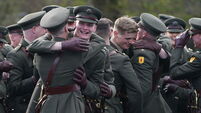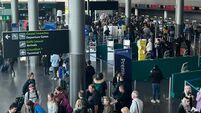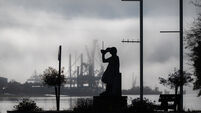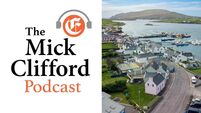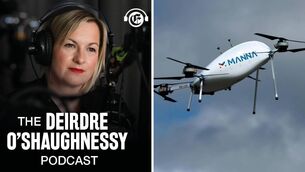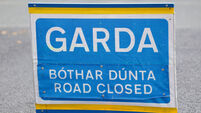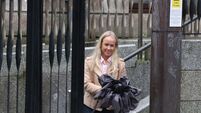‘Ireland will continue to play an outsize role in the United Nations’

Clonakilty-based Garda Richard Casey on patrol in Cyprus. Ireland was among the original contributors to the UN peacekeeping mission set up in 1964 amid conflict between Greek Cypriots and Turkish Cypriots.
1954, UN secretary general Dag Hammarskjöld, said “the United Nations was not created to bring us to heaven, but to save us from hell”.
This year marks the 80th anniversary of its inception and hardly a day goes by without several visions of hell flashing before our eyes despite the warnings from current UN secretary general António Guterres.




